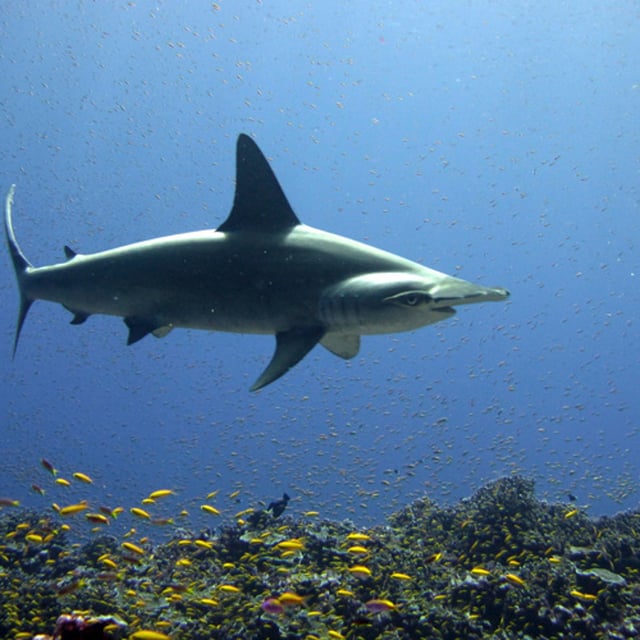Overview
- Researchers analyzed 30 shark products bought in 2021–2022 from grocery stores, seafood markets, and online in Washington, D.C., North Carolina, Florida, and Georgia, successfully DNA-barcoding 29 to species.
- Of the samples, 93% were labeled only as “shark” or similarly vague terms, and one of the two species-labeled items sold as blacktip was actually the endangered shortfin mako.
- Nearly one-third of identified products came from endangered or critically endangered species, including great hammerhead, scalloped hammerhead, shortfin mako, and tope.
- Several species found, such as great and scalloped hammerheads and dusky smooth-hound, are associated with high mercury and arsenic levels, raising documented risks for neurological harm and other health effects.
- Authors urge species-specific labeling and stronger oversight, noting that legality depends on species and harvest location and that filleted products hinder enforcement, with some meat sold for as little as $2.99 per pound.


